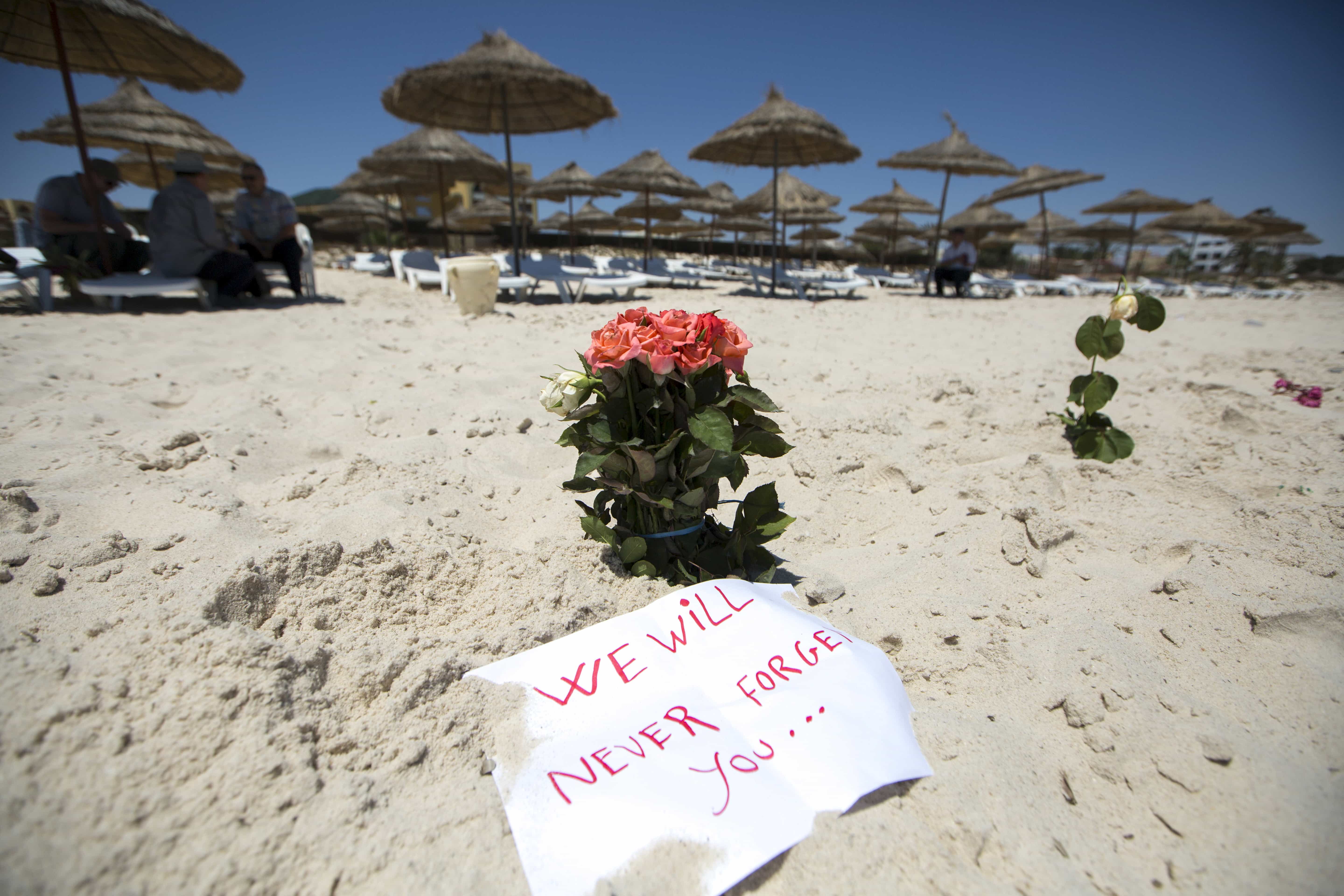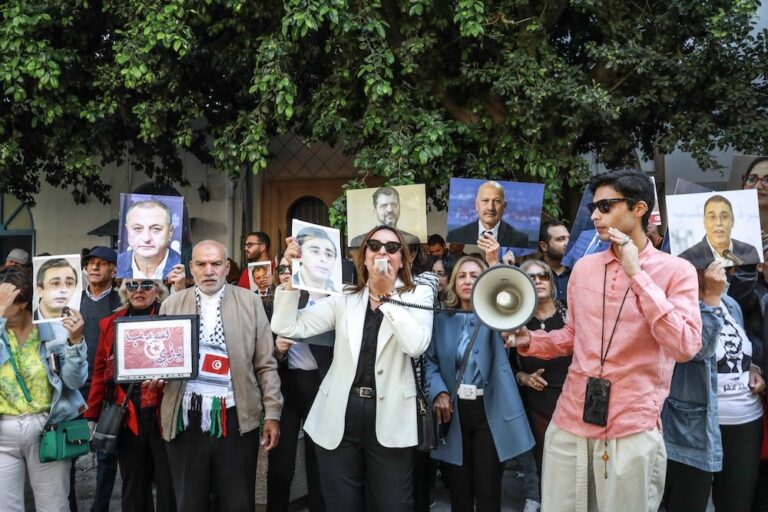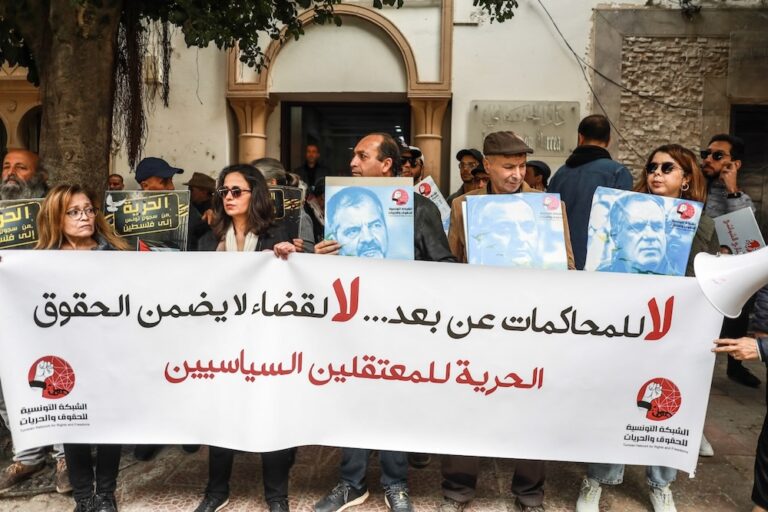Nour Edine Mbarki was charged in connection with publishing a photograph of a car that purportedly transported the gunman in the June 27 attack on a Sousse beach that killed at least 39 people.
This statement was originally published on cpj.org on 23 July 2015.
Tunisian authorities should drop charges against an editor accused of complicity in the June 27 terrorist attack on Sousse beach that killed at least 39 people, the Committee to Protect Journalists said today. Nour Edine Mbarki was charged in connection with publishing a photograph of a car that purportedly transported the gunman. The case comes as journalists face heightened legal threats and restrictions in the country.
A court today postponed the trial of Mbarki, editor-in-chief of the privately owned news website Akher Khabar Online, who was charged under Tunisia’s 2003 anti-terrorism law, according to news reports and Mbarki, who spoke to CPJ. Mbarki was not told when the next hearing would be, he said.
The charge stemmed from a photograph published on Akher Khabar Online on July 5, which the website said showed the car transporting the gunman behind the attack. Less than an hour after the photograph was published on the website, Mbarki told CPJ, authorities contacted the staff and asked them to delete it. The staff complied.
Mbarki told CPJ he was summoned by security forces to Laouina Military Barracks the next day and held for over four hours with individuals he said were terrorism suspects. He then appeared before an investigative judge, who asked him to reveal the source of the photograph. Mbarki refused to say. The journalist was charged under Article 18 of the law with “complicity in a terrorist attack and facilitating the escape of terrorists,” which carries a prison term of between five and 12 years, Akher Khabar Online reported. He was released from custody.
“Prosecuting journalists and curbing press freedoms will not assist the Tunisian government in facing terrorist threats,” said Sherif Mansour, CPJ’s Middle East and North Africa program coordinator, from Washington. “Tunisian authorities must allow journalists to fulfill their duty by reporting on events of public interest. The charges against Nour Edine Mbarki should be dropped immediately.”
The prosecution comes as several recent legislative moves threaten to severely restrict freedom of the press in Tunisia. In early July, the government withdrew a freedom of information bill that was ready for final parliamentary approval, according to news reports. Local and international press freedom groups criticized the move, saying the bill was a significant step toward fulfilling the press freedom guarantees stipulated in the country’s 2014 constitution.
Journalist and rights defender Kamel Labidi told CPJ that the withdrawal of the bill was particularly worrying to civil society “at a time when both the government and the democratically elected parliament ignored calls to withdraw two restrictive draft laws or bring them into conformity with international human rights standards.”
One of the draft laws would criminalize any criticism of the country’s security forces and would impose a two-year jail term for those convicted of the offense. The bill also stipulates jail terms of up to 10 years for those convicted of publishing or divulging “national security secrets,” defined in the bill as “any information, data or documents related to national security regardless of how they were acquired, stored, or employed.” Some rights groups have criticized the definition as being too broad and vague. The bill was sent to parliament in April but no date has been announced for its discussion in the legislature, according to rights groups.
Another draft law, the anti-terrorism bill, is being discussed by Tunisian parliament this week, according to news reports. The bill would allow the death penalty to be used against people convicted of terrorism. Tunisia has had a moratorium on the use of the death penalty since 1991. The bill would also allow for pre-trial detention without judicial oversight and would impose jail time for public support of terrorism, according to news reports. Other countries, like Egypt, have conflated news coverage of banned groups or terrorist acts with support for those groups, CPJ research shows.
“Tunisia has been seen as a rare example of true democratic transition in the region,” CPJ’s Mansour said. “These laws threaten to drag Tunisia backward by allowing authorities to engage in repressive practices similar to those used by the country’s neighbors.”



